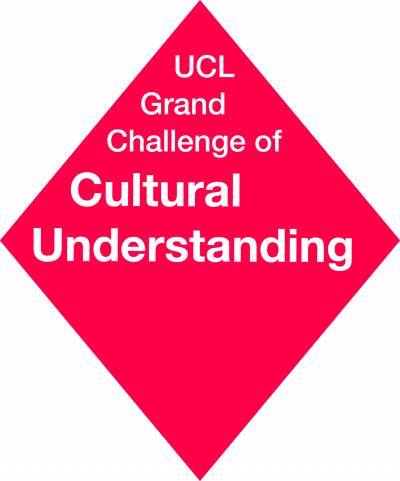Providing opportunities for doctoral supervisors and students at UCL to learn from peers who have begun to work with decolonial methodologies, supervision practices and pedagogies.

Academics
- Dr Emma Jones, Department of Curriculum, Pedagogy and Assessment, Institute of Education
- Dr Leda Kamenopoulou, Department of Psychology and Human Development, Institute of Education
- Dr Laila Kadiwal, Centre for Education and International Development, Institute of Education
- Sadaf Yasir, Institute of Education
Outputs and Impact
- Awaiting outputs and impacts.

 Close
Close


